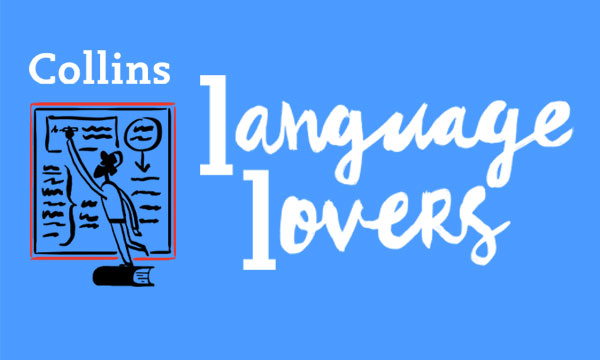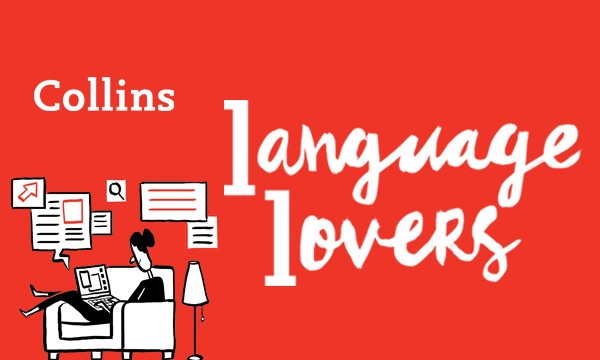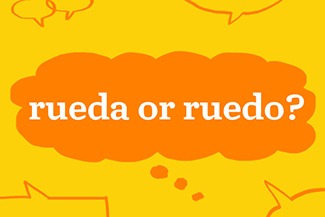Turkish delight
Look up the word Turkish in the Collins Dictionary and you’ll encounter several compounds that hint at the influence Turkey and its culture have exerted over the centuries. Take Turkish coffee, that mood-boosting, energy-providing short but sweet shot. Perhaps you have a Turkish rug or carpet at home, admired for its intricate pattern created thanks to the Turkish knot. Or it might be the kind of carpet used as a magic carpet in a fairy story.
If you live near or have visited Harrogate, in Yorkshire, you’ll know about the magnificent nineteenth-century Turkish baths there, with their Islamic arches and glazed brickwork. Perhaps you’re the doting owner of a Turkish Van cat, or love wearing clothes made from angora – ‘Angora’ being the old name for Turkey’s capital, Ankara.
Some readers may remember the ads for Turkish delight – a sweet on which, incidentally, I was hooked at the school tuck shop.
And it’s impossible to talk about compound words formed with Turkish and not mention the Turkish Empire, another name for the Ottoman Empire, that mighty domain which at its height extended over much of South-East Europe, the Middle East and North Africa as this map shows.
Hummus and mezes
Turkey’s historic legacy is explicitly evident in the words mentioned above. In contrast, it’s hidden and implicit in the couple of hundred words English has borrowed from Turkish, words that are either completely Turkish in origin, such as the yoghurt you or I might enjoy for breakfast, or words transmitted via Turkish from Persian or Arabic, such as coffee. Coffee comes, via Italian caffè from Turkish kahve, from Arabic qahwah. When the journeys such words make are so tortuous, one might almost imagine they needed magic carpets to fly into English.
It’s surely in the domain of food and drink that most of us use, even enjoy, Turkish-derived words. Crucial parts of what is generically described as ‘Middle-Eastern cuisine’ are denoted by Turkish words. Yoghurt apart, there’s hummus, mezes, pilafs and bulgur wheat. And who doesn’t enjoy the occasional doner kebab or shish kebab? While kebab’s an Arabic and Urdu word, doner – in Turkish döner – means ‘rotating’ and shish – Turkish şiş – means ‘skewer’. And on a sweeter note, baklavas take some beating as a sweet treat, while sherbet as it originally was might surprise you (see meaning 4). Note also how in British English it means a sort of effervescent sweet powder, in the US a sorbet, and in Australia it’s a jovial term for ‘beer’.
Moving now from food to another area close to everyone’s heart, the home, people who have Turkish rugs may well call them kilims, a term Turkish borrowed from Persian. Possibly these days you’re more likely to find an ottoman, used as a storage box at the foot of the bed, or even a divan bed, which in British English generally means a bed frame with no headboard or footboard. In its original uses divan has a range of meanings, including a Muslim council of state, a collection of poems, and an account book.
Not exactly furniture, more in the realm of accoutrements, come narghiles and chibouks. You might know the first as a hookah or hubble-bubble, the apparatus through which people can smoke. Chibouks, transmitted via French chibouque, from Turkish çubuk, ‘pipe’, to English, are pipes with extremely long stems.
Kaftans and khans
If you can remember the sixties and seventies, you’ll remember that kaftans were a big ‘thing’. Though cottagecore seems to have tapped into the aesthetics of that era, I don’t think kaftans have had a revival as an everyday fashion item, but if you want to shell out a few thousand pounds you can buy a Gucci one. In fact, the term is often loosely (geddit?) applied to any loose-fitting cover-all garment – a far cry from the luxurious robes worn by the Ottoman sultans.
And talking of sultans, a word not from Turkish but from Arabic, enables me finally to segue a tad jerkily into another couple of words to do with rulers and ruling, aga and khan. Aga means literally ‘lord’ in Turkish, and khan, meaning ‘ruler’, had a tortuous route into fourteenth-century English from Old French caan, from Medieval Latin caanus, from Turkish khān, a contraction of khāqān, ‘ruler’. The Aga Khan must therefore be doubly lordly.
Finally, finally, there’s a Turkish outlier in the animal kingdom, the jackal, from Turkish chakāl, from Persian shagāl, from Sanskrit srgāla.
A minor loanword supplier
Everything’s relative, as the cliché goes. Despite the words described, and many more related to religion or Ottoman administration, as a source of loanwords Turkish doesn’t make the top twenty. It sits around position 30, sandwiched below Scottish Gaelic and above Welsh. It is not, as you’ll probably be aware, an Indo-European language. It’s one of the Turkic subfamily of languages, a subfamily which also includes languages such as Azerbaijani, Kazakh, the Uyghur spoken by the Uyghur minority in China, Uzbek and Tatar.
It’s what is known in the trade as an SOV language, where the order is subject-object-verb, which would mean a sentence like ‘John the apple ate’ would be the norm. English is SVO, such that ‘John ate the apple’ is the norm.
There’s no grammatical gender – unlike, say, the Romance and most Germanic and Slavonic languages. In other words, no masculine, feminine, neuter or common gender nouns.
Vowel harmony is a feature and the language is highly agglutinative. That means grammatical elements or morphemes can be combined to produce strings of meaning. English takes three words to say ‘in our houses’. Turkish expresses the same meaning in one string by suffixes added to the base word ‘house’. Thus evlerimizde means ‘in our houses’ and is built up as follows: ev means house’, -ler indicates plurality, -imiz means ‘our’, and -de means ‘in’. Therefore, evlerimizde means ‘in our houses’. The dolma, singular of dolmades mentioned earlier, means literally ‘something filled’ and is composed of two elements: dol– meaning ‘to fill’ plus the -ma suffix used for nouns derived from verbs.
And what about the words Turkish and Ottoman? Turkish is a combination of the English suffix -ish with the Middle English Turk, borrowed from Turkish Türk. The founder of the Ottoman Empire was Osman 1. His name in Turkish was Othman which was arabised as Othmāni and then europeanised as Ottoman.
By Jeremy Butterfield
Jeremy Butterfield is the former Editor-in-Chief of Collins Dictionaries, and editor of the fourth, revised edition of Fowler’s Dictionary of Modern English Usage.
All opinions expressed on this blog are those of the individual writers, and do not necessarily reflect the opinions or policies of Collins, or its parent company, HarperCollins.



